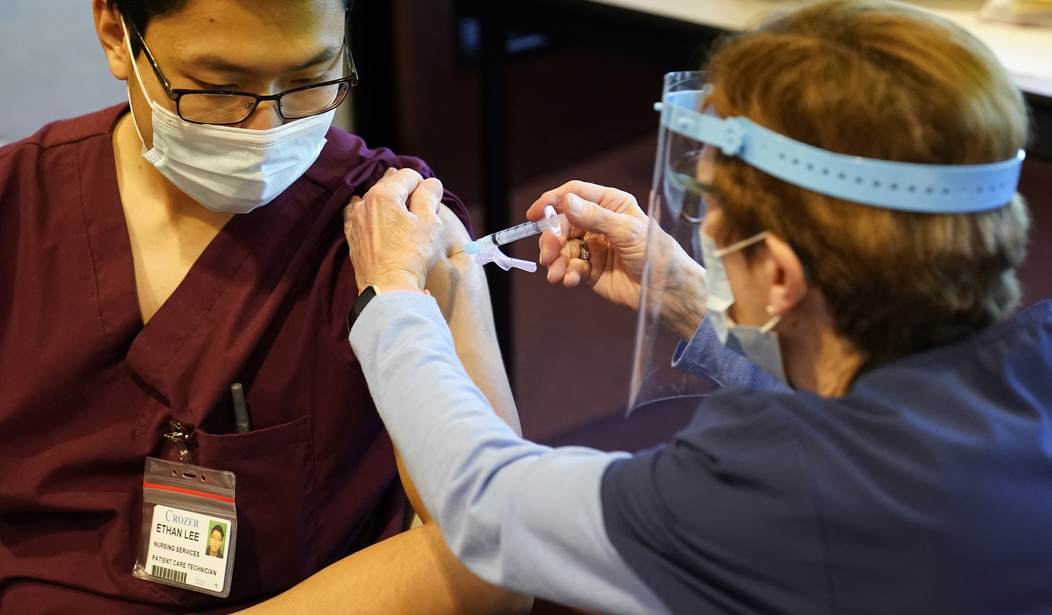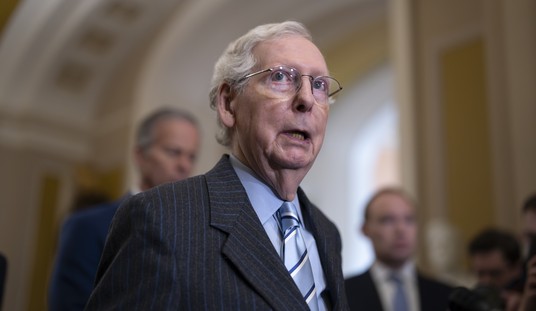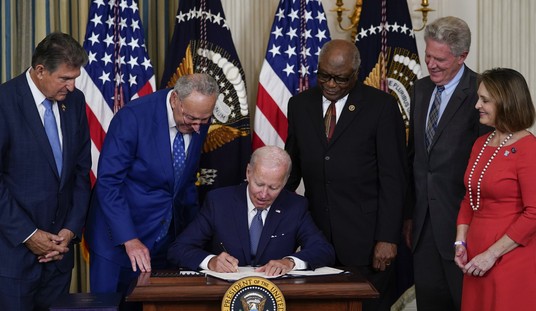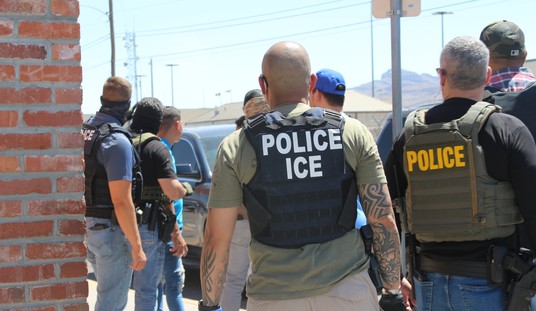This past winter about 80 percent of pharmacies I checked were out of Covid vaccines. The few with available doses had their appointment slots fully booked. The first vaccines to reach the public were rationed. Vaccine eligibility was initially restricted to those considered most at risk. In late March states began opening eligibility to all adults, including Texas where I live. On March 26th I happened to swing by Dougherty’s pharmacy in Dallas to pick up my dog’s medication. About 100 people formed a makeshift line outside the pharmacy. The line started inside near the back of Dougherty’s and spilled out the front door, snaked around the corner and filled the sidewalk almost to the alley behind the building. Most were all clutching paperwork reserving them a shot.
A month later I was back to Dougherty’s to refill my dog’s medication. A nurse was seated at a table, but nobody was in line for a vaccine. After about 10 minutes a lone woman came in for her 2nd booster shot. Earlier that morning at a CVS pharmacy a few miles away in Plano, Texas I got my first vaccine dose. There were plenty of slots available with little waiting. Indeed, a few days later CVS announced it would begin accepting walk-in customers without appointments. The nurse at Dougherty’s and the CVS pharmacist both had similar stories. The vaccine euphoria had evaporated and vaccine seekers had slowed to a crawl. Analysis by the New York Times found vaccinations peaked mid-April and have fallen 50 percent in the weeks that followed.
Vaccine hesitancy, as it’s sometimes called, runs pretty deep in Texas. Only about one-quarter of Texans had been vaccinated by early May, although it likely increased a little since then. The Texas Department of State Health Services believes most of Texans eager for a vaccine have received at least one dose. The state agency believes the next step is to make it easier for those willing to vaccinate but unwilling to put out much effort.
What’s behind the slowdown in vaccinations? The consensus among experts is those not yet vaccinated either 1) don’t want the vaccine 2) harbor some doubts about vaccine safety or efficacy, or 3) simply lack the motivation to find vaccine providers and make an appointment.
Recommended
Vaccine hesitancy accounts for about one-third of adults. For example, the Kaiser Family Foundation ran a survey in April that found 15 percent of respondents who had not received the vaccine plan to “wait and see.” Another 6 percent will get vaccinated “only if required,” and 13 percent refuse to get the vaccine.
I talked to Adam Bruggeman, M.D., a San Antonio physician, and he told me vaccine hesitancy is not the same problem as the logistics of making vaccines available to everyone. He believes vaccine hesitancy is mostly due to poor leadership, inconsistent messaging and hyper-partisanship. To educate those exposed to misinformation about the vaccine he set up a website, GetMyCovidVaccine.org to hopefully set the record straight.
In early May the Centers for Disease Control & Prevention (CDC) reported just under half of the population (nearly 45 percent) had received at least one dose of the vaccine. However, only one-third of Americans were fully vaccinated. Except for the Johnson & Johnson vaccine, two doses are required for optimal immunity to Covid. The CDC is concerned by the slowing pace of vaccinations. The agency is also not sure what to make of the growing number of people skipping their second dose.
Dr. Bruggeman assured me partial vaccination is still effective; it’s just that one dose is not as effective as two doses. He believes the goal now should now be to get as many people fully vaccinated as are willing. About 1 million Texans are thought to be overdue to their second vaccine and 60,000 doses have spoiled due to the recent lack of demand.
It’s not a partisan issue. Surveys by the University of Texas for The Texas Tribute have found half of Republicans and nearly one-third of Democrats -- about 30 percent -- have doubts about vaccines in general. I discussed it with Merrill Mathews, a resident scholar at the Texas-based Institute for Policy Innovation. He told me that many Democrats questioned vaccine safety and efficacy while Donald Trump was still president. The results were predictable, he said. “Having sowed the seeds of doubt, we are now seeing the results.”
What might work to motivate some of those on the fence to get at least one vaccine dose? West Virginia began providing residents getting vaccinated a $100 savings bond. Ohio is conducting a vaccine lottery, in which people who get vaccinated have the chance to win $1 million, for up to five lucky individuals. It will also award a similar number of scholarships to students getting vaccinations. Other states are considering following suit.
There are options besides taxpayers’ funds to motivate stragglers. Why not seek public-private partnerships? For example, the New York Yankees and the Mets have offered free tickets to those getting the (one-shot) Johnson & Johnson vaccine in the parking lot before a game. Some breweries have held “a shot and a chaser” vaccination events where people willing to get a vaccine under a tent in the parking lot received free coupons for a beer. Surely there are numerous other private businesses who would jump at the chance for free publicity and public goodwill. State and federal official will also have to realize some people will refuse vaccination no matter what is offered them.
Devon M. Herrick, Ph.D. (devonherrick@sbcglobal.net) is a health economist and policy advisor to The Heartland Institute. An abbreviated version appeared in the June edition of Heartland Institute’s Health Care News.
























Join the conversation as a VIP Member